All Stories
-
 Physics
PhysicsEfforts to create ultrafast light pulses win 2023 physics Nobel
Pierre Agostini, Ferenc Krausz and Anne L’Huillier won the prize for creating light bursts that last billionths of a billionth of a second.
By Emily Conover and James R. Riordon -
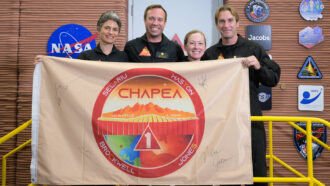 Space
SpaceFour researchers on Earth are spending a year on ‘Mars’
A crew of four entered Mars Dune Alpha in Houston, Texas. They will remain isolated inside for a year, living and working as if on the Red Planet.
By Payal Dhar -
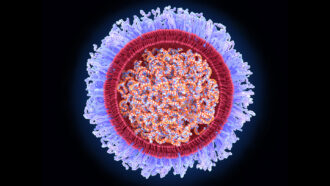 Health & Medicine
Health & MedicineRNA work that led to COVID-19 vaccines wins 2023 Nobel in medicine
Katalin Karikó and Drew Weissman overcame hurdles to using mRNA for medicine. This led to COVID vaccines — and maybe, one day, some for other infections.
-
 Brain
BrainNeuroscientists decoded a song from brain activity
The technique could help improve communication devices for people who are unable to speak.
-
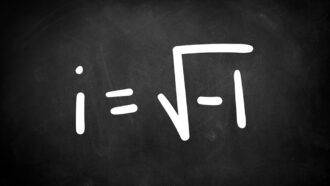 Math
MathScientists Say: Imaginary Number
These numbers may not be “real,” but they sure aren’t make-believe.
-
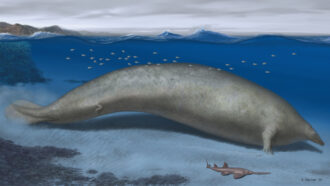 Animals
AnimalsThis massive ancient whale may be the heaviest animal ever known
Called Perucetus colossus, it may have tipped the scales at up to 340 metric tons — more than today’s blue whales.
By Skyler Ware -
 Psychology
PsychologySpending time in green spaces can provide big health benefits
Walking through a park or playing in a yard can make you feel better, both mentally and physically. Here’s how — and evidence it works for people at any age.
-
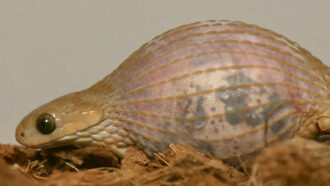 Animals
AnimalsThis egg-eater may have the biggest gulp of any snake its size
Slither aside, Burmese pythons. This little African snake has a truly outsized swallow.
-
 Archaeology
ArchaeologyLet’s learn about Stonehenge
Questions remain about exactly who built Stonehenge and why. But some details are known about the site’s origins.
-
 Chemistry
ChemistryScientists Say: Rare earth element
Rare earth elements aren’t all that rare — but skyrocketing demand for these metals makes them precious.
-
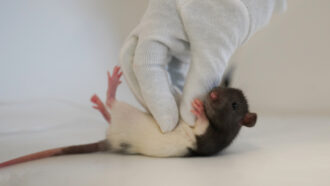 Brain
BrainA rat’s playfulness relies on cells in one part of its brain
Certain cells here control its behavior. Studying this circuitry could also help us understand depression in people.
By Simon Makin -
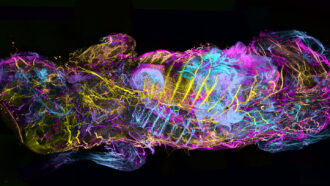 Animals
AnimalsA new technique creates glowing whole-body maps of mice
Removing cholesterol from mouse bodies lets fluorescent proteins seep into every tissue. That has helped researchers map entire body parts.